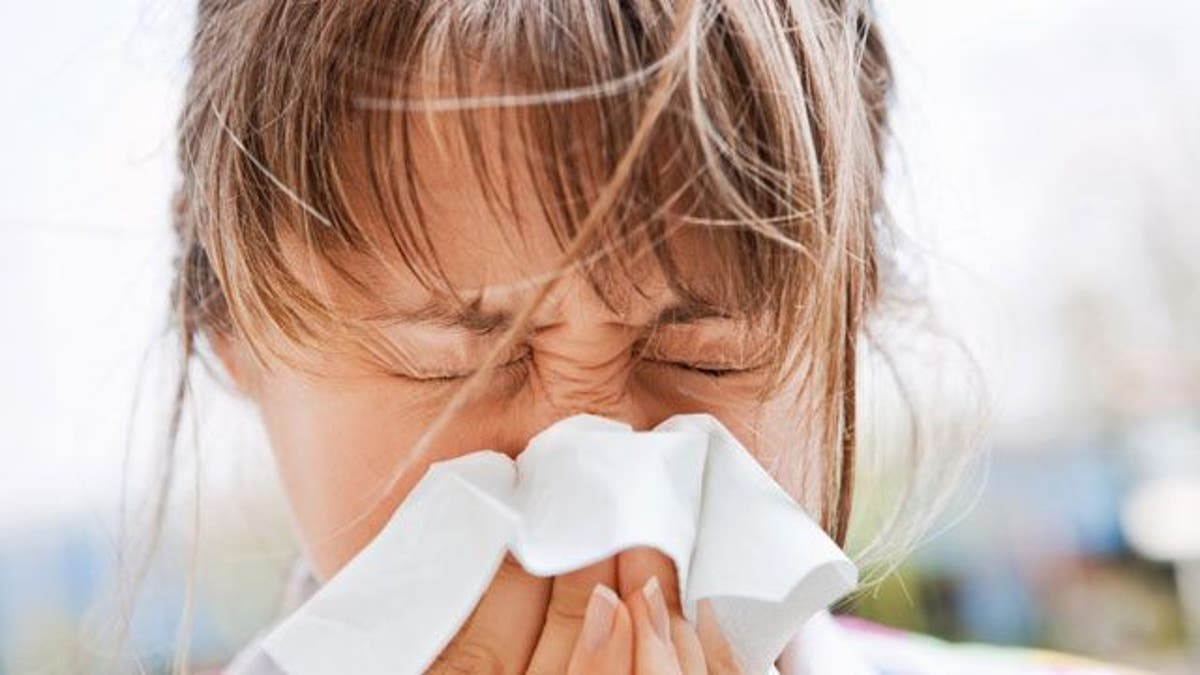
When a cold strikes, nose blowing is often the easiest and fastest way to relieve symptoms. But people who blow with hurricane force can prolong their suffering. One expert, Neil Schachter, medical director of the Respiratory Care Department at New York’s Mount Sinai Hospital, explains how to recognize an improper nose blow.
The Nose Knows
A typical nose blow can generate 10 times as much pressure as sneezing or coughing, says Dr. Schachter, citing research conducted at the University of Virginia. The greater the pressure, the more likely it is that some mucus will shoot into the inflamed and narrowed drainage passageways of your sinuses and spread the infection.
There isn’t a simple answer to the question, “how hard is too hard?” However, Dr. Schachter says, if you don’t feel any pressure in your sinuses before you blow and then feel it afterward, you have blown too hard. And beware of a crackling sound in your ears. “That’s excess mucus being blown back into the middle ear,” he says.
Before blowing, especially when mucus is compacted in the nasal passages, Dr. Schachter recommends moistening the nasal passages with a saline spray or mist. This is especially important in the morning, since the nasal passages dry out during sleep. Simply squirt, give the mist a minute to settle and work, and then blow gently, one nostril at a time, Dr. Schachter says. He doesn’t see any added benefit in using a neti pot, a nasal-irrigation tool that floods the sinuses with water and, he says, can cause irritation.
An Ounce of Prevention
The best practice is to not get a cold in the first place, says Dr. Schachter, author of the “The Good Doctor’s Guide to Colds and Flu.” His number one helper is hand sanitizer containing alcohol. If there is a cold virus going around your office, it will linger on surfaces and get on your hands, he says. Sanitizer will help kill it. Still, hand sanitizer shouldn’t replace soap and water, which scrubs away dirt that can shield bacteria from the alcohol.
If you catch a cold, Dr. Schachter recommends controlling symptoms with antihistamines rather than decongestants, which can increase blood pressure. Using nasal-spray decongestants can also have a rebound effect: After working for several days, the medication may make your symptoms worse, he says.
Dr. Schachter says he also uses zinc lozenges at the first sign of a cold. He won’t take more than one or two a day and doesn’t advise using them as a regular preventive supplement because there is evidence that long-term zinc use can irritate the stomach and harm one’s sense of smell and taste. He says 500 milligrams of vitamin C might also reduce symptoms with fewer possible side effects, but can also irritate the stomach.








































